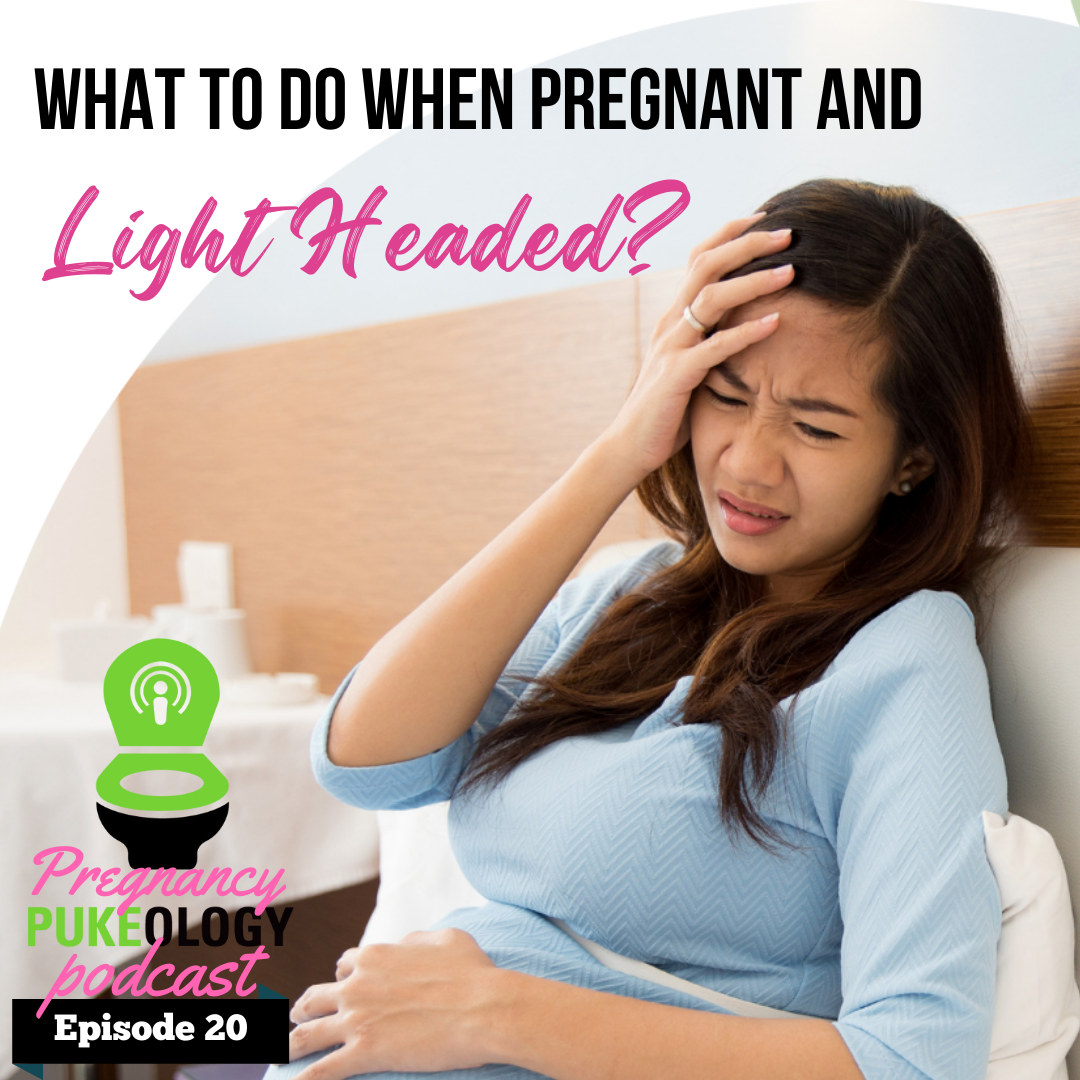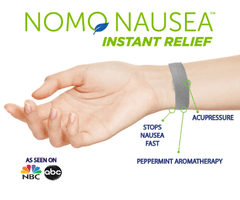
Lightheadedness During Pregnancy and Solutions
Ever felt dizzy, woozy, or lightheaded? You are not alone. Lightheadedness is a common non-specific symptom that can sometimes occur during pregnancy.
The majority describe dizziness as feeling off-balance and lightheadedness as feeling as if you might faint. Although dizziness is not usually serious, it could be a warning sign to be more careful. For this reason, you should not ignore it when you feel woozy. So if you need to get your eyes off the screen, listen to your favorite pregnancy doctor on a podcast form instead.

Continue to learn more about the causes of lightheadedness and ways to prevent feeling dizzy such as using NoMo Bands.

Dizziness in Early Pregnancy Causes
1. Dehydration
You can experience lightheadedness if you are not taking enough fluids or overheating. Sickness accompanied by fever can also make you dehydrated.
Dehydration reduces the volume of your blood. For this reason, blood pressure decrease, and blood supply to your brain also drop, making you dizzy.
2. Low blood sugar
Your body cell utilizes sugar to generate energy for normal functioning. If you have low blood sugars, little energy is generated. For this reason, your body system fails to function appropriately, making you confused and lightheaded.
3. Orthostatic hypotension.
This refers to a sudden drop in blood pressure when you move quickly from a seated position to a standing position.
Orthostatic hypotension reduces blood flow to your brain, making you feel faint.

Remedies for Dizziness during Pregnancy
There are many things you can do to prevent feeling dizzy or lightheaded. These include.
- Drinking more water. This increases your blood volume increasing blood flow to your brain. Sometimes you may be given intravenous fluids such as normal saline to help you stay hydrated.
- Avoid moving quickly from sitting position to standing position. This will prevent experiencing orthostatic hypotension. It is also recommended you lie down or sit down until the feeling of dizziness disappears.
- Avoid triggers. If you experience dizziness or lightheadedness, you should avoid caffeine, alcohol, tobacco, and other illicit drugs.
- Eat to increase your blood sugars. This will ensure your body has enough energy for normal functioning.
- Avoid standing in high places like climbing a ladder. Also, avoid wearing high-heeled shoes.
Bottom line
While lightheadedness may not be life-threatening, it is something you shouldn’t ignore. If you have tried the above remedies but keep experiencing dizziness, you must see your doctor.
In addition, see a doctor if you experience lightheadedness and dizziness associated with acute chest pain, fainting, difficulty in walking, altered speech, and high fever. This could suggest a serious underlying medical condition that needs medical care.


